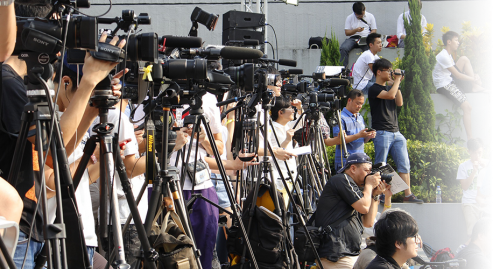
Freedom of the media
This Module focuses on the written press, radio and television broadcasting. The resources are organized according to the two principles that govern Media regulation -diversity and pluralism - and their meaning as applied to different mediums. The Module also includes readings that critically assess the role of the Media and of press freedom in contemporary societies and the digital challenges to the traditional Media business model.
